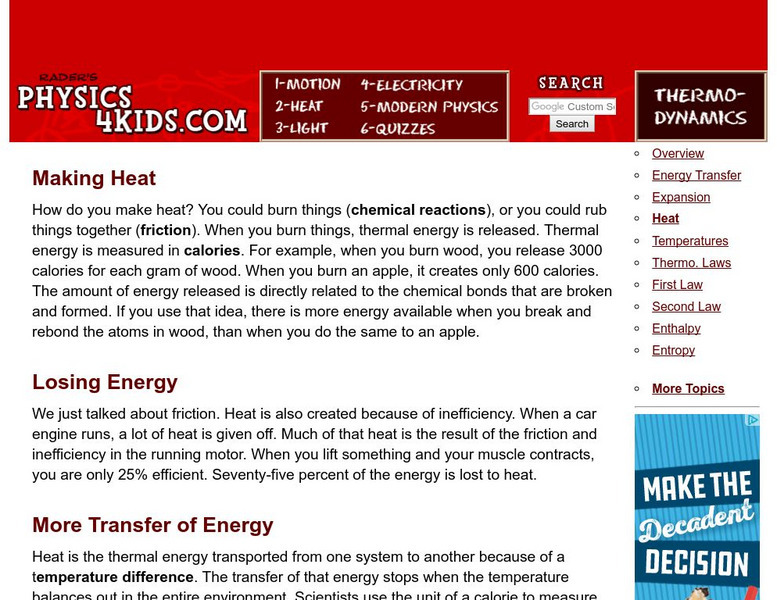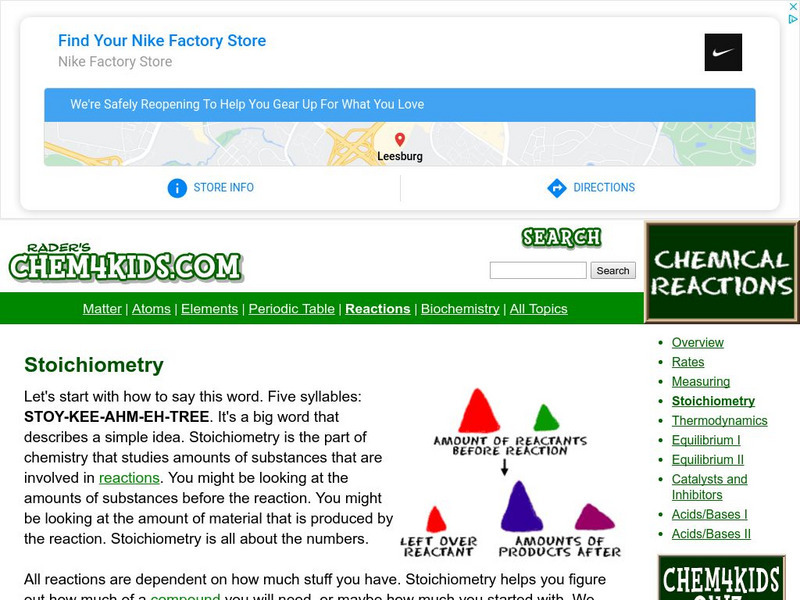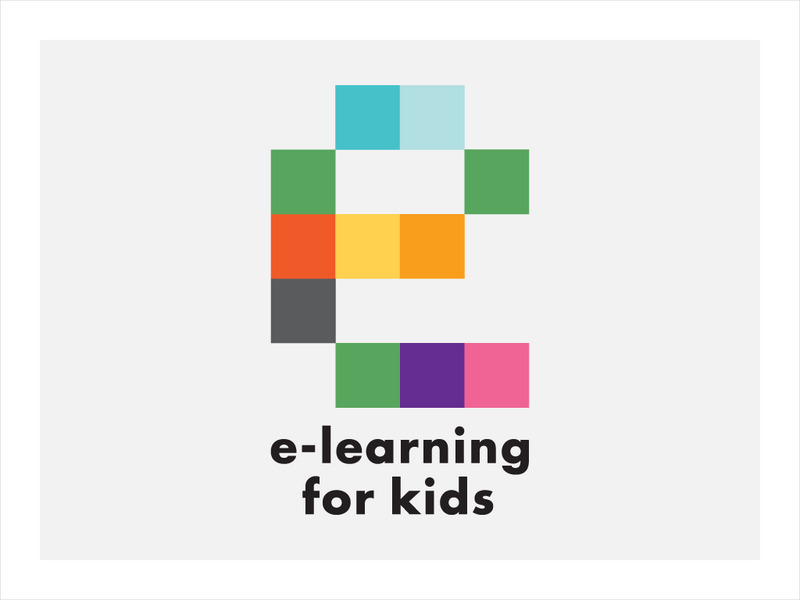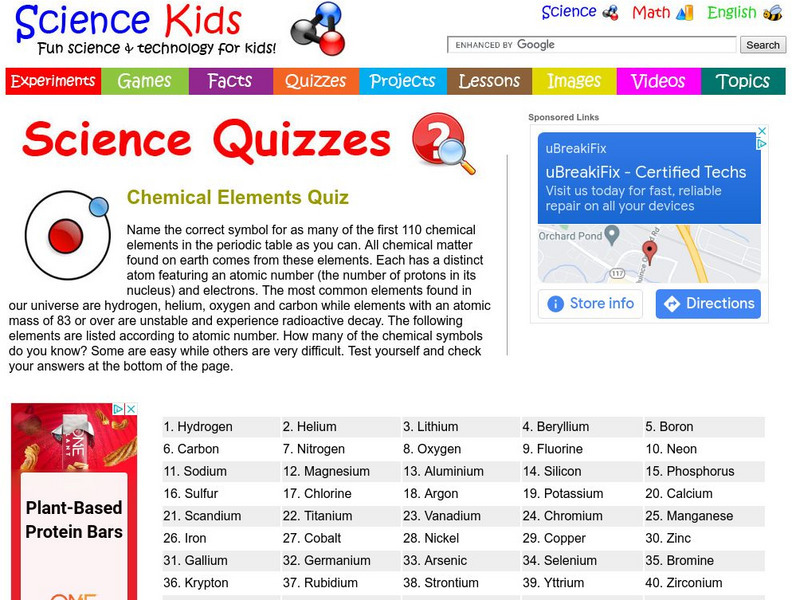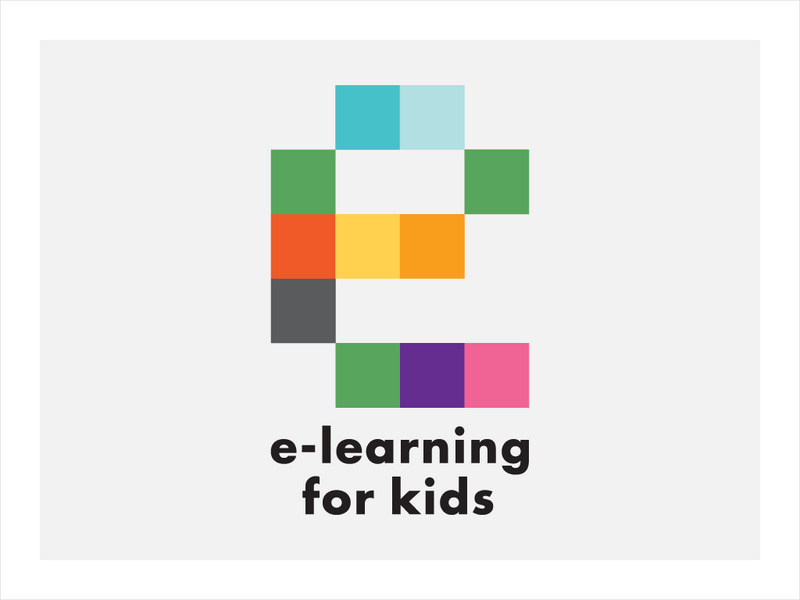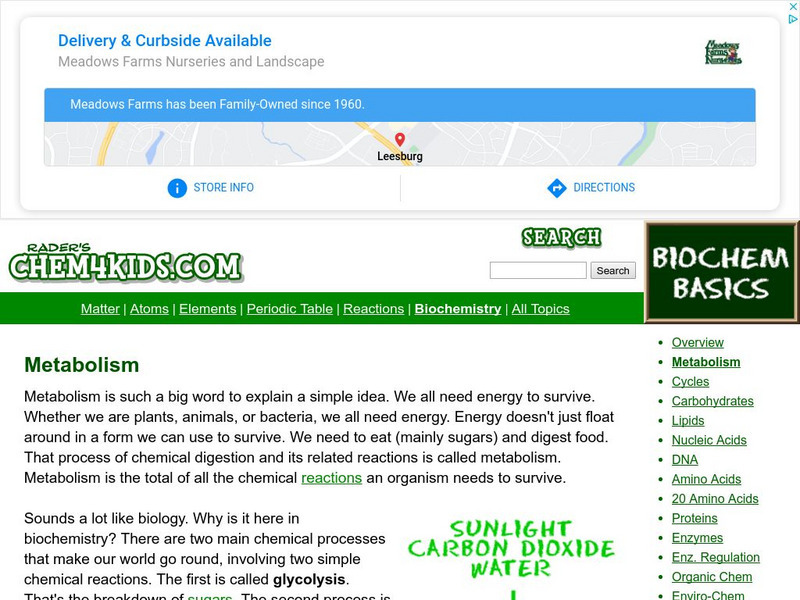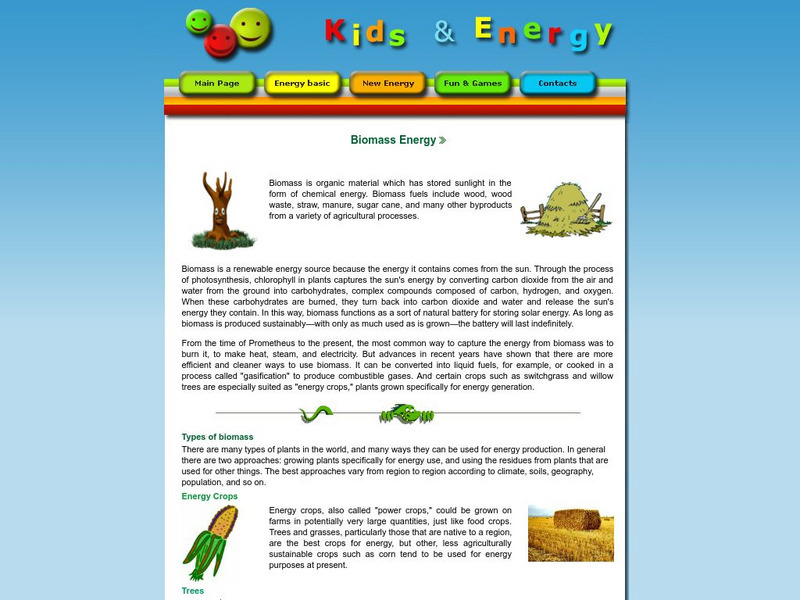Ducksters
Ducksters: Chemistry for Kids: Chemical Bonding
Study chemical bonding in chemistry including atoms, valence electrons, ionic and covalent bonding, and how molecules are formed on this site!
Ducksters
Ducksters: Kids Science: Acids and Bases
Kid's learn about the science and chemistry of acids and bases on this site. Also discussed is pH level and reactions of chemicals.
Ducksters
Ducksters: Chemistry for Kids: Soaps and Salts
Kids learn about soaps and salts in chemistry including interesting facts, how soap is made, how soap works, and what are salts in this site.
Ducksters
Ducksters: Biology for Kids: Plant Defenses
Kids learn about plant defenses in the science of biology including cell walls, thorns, bark, chemical defenses, and even plants that fight back.
Ducksters
Ducksters: Chemistry for Kids: Glossary and Terms
Kids learn about important glossary and terms used in the science of chemistry. Words and definitions you need to know from acids to valence electrons.
Ducksters
Ducksters: Chemistry for Kids: Chemistry Lab Equipment
Kids learn about the lab equipment used for chemistry experiments such as beakers, flasks, test tubes, stirring rods, pipettes, bunsen burners, gloves, goggles, and more.
Ducksters
Ducksters: World War I for Kids: Changes in Modern Warfare
Kids learn about the changes in modern warfare that occurred during World War I including airplanes, bombers, tanks, trench warfare, submarines, machine guns, and chemical weapons.
Physics4kids
Physics4 Kids: Thermodynamics and Heat: Heat
Explains how heat is created from a chemical reaction, from friction, or from energy inefficiency, as well as the meaning of specific heat capacity.
Chem4kids
Chem4 Kids: Stoichiometry
This site provides a great overview of stoichiometry, the part of chemistry that studies amounts of substances that are involved in reactions. Content focuses on what you measure, and includes two examples.
National Institutes of Health
Niehs: Kids' Pages: You and Your Genes
Online children's story that teaches about genes and how they direct how you react to things in your environment. Click on "next" at the bottom of the story to see how different people respond differently to harmful substances.
Energy for Sustainable Development
Esd Bulgaria: Kids & Energy: Energy and Wildlife
Outlines some major threats to wildlife from human activities, and discusses the responsibility a power company has to protect wildlife.
E-learning for Kids
E Learning for Kids: Science: Arctic Ocean: How Can We Change Materials?
Join Jacob on the Nova Zembla Expedition, and help him use suitable materials for building his house.
Science for Kids
Science Kids: Science Quizzes: Chemical Elements Quiz
A challenge for students to try to recall the symbols for the first one hundred ten elements in the periodic table.
Chem4kids
Chem4 Kids: Atoms: Bonding
The website provides a basic explanation of why and how atoms bond together through a covalent bond. Examples with pictures given.
E-learning for Kids
E Learning for Kids: Science: Netherlands: What Are Permanent and Temporary Changes?
In this lesson, students match a substance with its state of matter, identify what state something is, and learn about temporary and permanent changes in matter.
Biology 4 kids
Biology4 Kids: Quiz: Mitochondria
Take this ten-question review quiz over the cell organelle, mitochondria. Read more about each question after an incorrect answer is given.
Chem4kids
Chem4 Kids: Reactions: Names to Know
Acids and bases are scaled. These facts are good knowledge to have when classifying solutions as acidic, basic, or neutral.
Chem4kids
Chem4 Kids: Metabolism
Understand the science of metabolism with this simplified definition.
NOAA
Noaa: Office of Response and Restoration
Here are tools and information for emergency responders and planners, and others working to understand,.the effects of oil and hazardous materials in our waters and along our coasts. Links to oil/chemical spill information and photos....
Energy for Sustainable Development
Kids and Energy: Biomass Energy
Biomass is organic material which has stored sunlight in the form of chemical energy. Biomass fuels include wood, wood waste, straw, manure, sugar cane, and many other byproducts from a variety of agricultural processes.
Other
University of Nebraska at Omaha: Brains Rule! Games: Ecstasy Invaders
Go on a mission inside a nerve cell to find out about how neurons produce and release neurotransmitters to communicate with other neurons. Learn what happens to these brain chemicals when the drug ecstasy interrupts the process.
Akron Children's Hospital
Akron Children's Hospital: Kidshealth: Indigestion
Upset stomach? Indigestion is a common condition that many people have at one time or another. Find out more in this article for kids.









